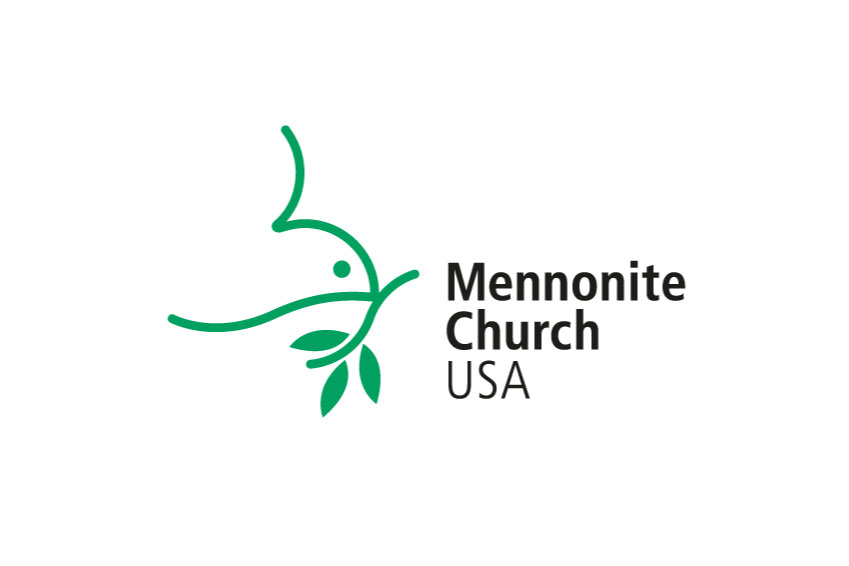 Beryl Jantzi is director of Stewardship Education for Everence, an agency of Mennonite Church USA.
Beryl Jantzi is director of Stewardship Education for Everence, an agency of Mennonite Church USA.
According to Scripture, what we do with our money has a profound impact on our relationship with God. If this sounds too strong, consider Luke 12:33-34:
“Do not be afraid, little flock, for your Father has been pleased to give you the kingdom. Sell your possessions and give to the poor. Provide purses for yourselves that will not wear out, a treasure in heaven that will never fail, where no thief comes near and no moth destroys. For where your treasure is, there your heart will be also.”
Fear is certainly a factor in how willing we are to separate ourselves from our finances.
But Jesus reassures us that investing ourselves and our money in the Kingdom is a spiritual practice that is worth the risk.
Growing in our faith as it relates to generosity is a process of spiritual maturation and trust. This is why pastors need to treat this subject as part of our core curriculum in Christian discipleship. Below are six key stewardship values found throughout the New Testament. As you begin a new year, consider ways to reference some key themes in your Sunday morning corporate readings, sermons and offertory prayers.
- Intentional Giving: To be intentional in giving means to develop a plan and then to live the plan. It requires thought and conversation rather than a last-minute reach for the wallet when the ushers begin their ritual walk down the aisle with a basket in hand. 2 Corinthians 9:6-7a
- Regular Giving: The difference between intentional giving and regular giving has to do with when you receive your income. If you are a salaried employee, you are compensated weekly or biweekly in most cases. If you are a business owner, your compensation may be less regular and predictable. At a minimum, give in relation to your rhythm of compensation, and as you are able, give according to the cash flow needs of the congregation. 2 Corinthians 8:1-2
- Generous Giving: This is the most basic of the principles. Give until your giving makes a difference in YOU and your lifestyle. If your giving doesn’t make a difference in how you live, if it doesn’t stretch you, if it doesn’t on occasion cause you to do without or to do with less, would you consider it to be generous? For giving to be an act of faith, it will cause us to lean a little more (or a lot more) toward The Giver of all good gifts. Consider the story of the Macedonians as our model. 2 Corinthians 9:8
- Giving First: Giving first means giving before saving or spending. Too often the approach is to first take care of ourselves and then give God the leftovers. This act of faith makes a point of activating our trust with whatever intentional practices we have put in place. Deuteronomy 26:1-2
- Proportional Giving: Proportional giving is a way of leveling this spiritual practice for all people, rich and poor. The biblical practice of the tithe is about the percentage of the total given, not the amount of the gift. Giving a tenth was the instruction in the Mosaic code explained in Deuteronomy 14:22-29 and reinforced later by Jesus in Matthew 23:23.
- Cheerful Giving: God loves a giver who has been able to move from duty to delight. It’s interesting that this instruction from Paul on our attitude about giving is the most familiar of texts about giving. Be cheerful that you CAN give! True joy is always about living and giving beyond our own needs and situation. A life focused solely on self, limits what God would otherwise be able to do with us as co-laborers in building the kingdom. 2 Corinthians 9:7
What would be said at the end of our life if our obituary would be written based on the expenditures recorded in our check book or credit card statements? What do these records of our life testify to about where our treasure truly lies?
 Give to Mennonite Church USA today at http://mennoniteusa.org/give.
Give to Mennonite Church USA today at http://mennoniteusa.org/give.

